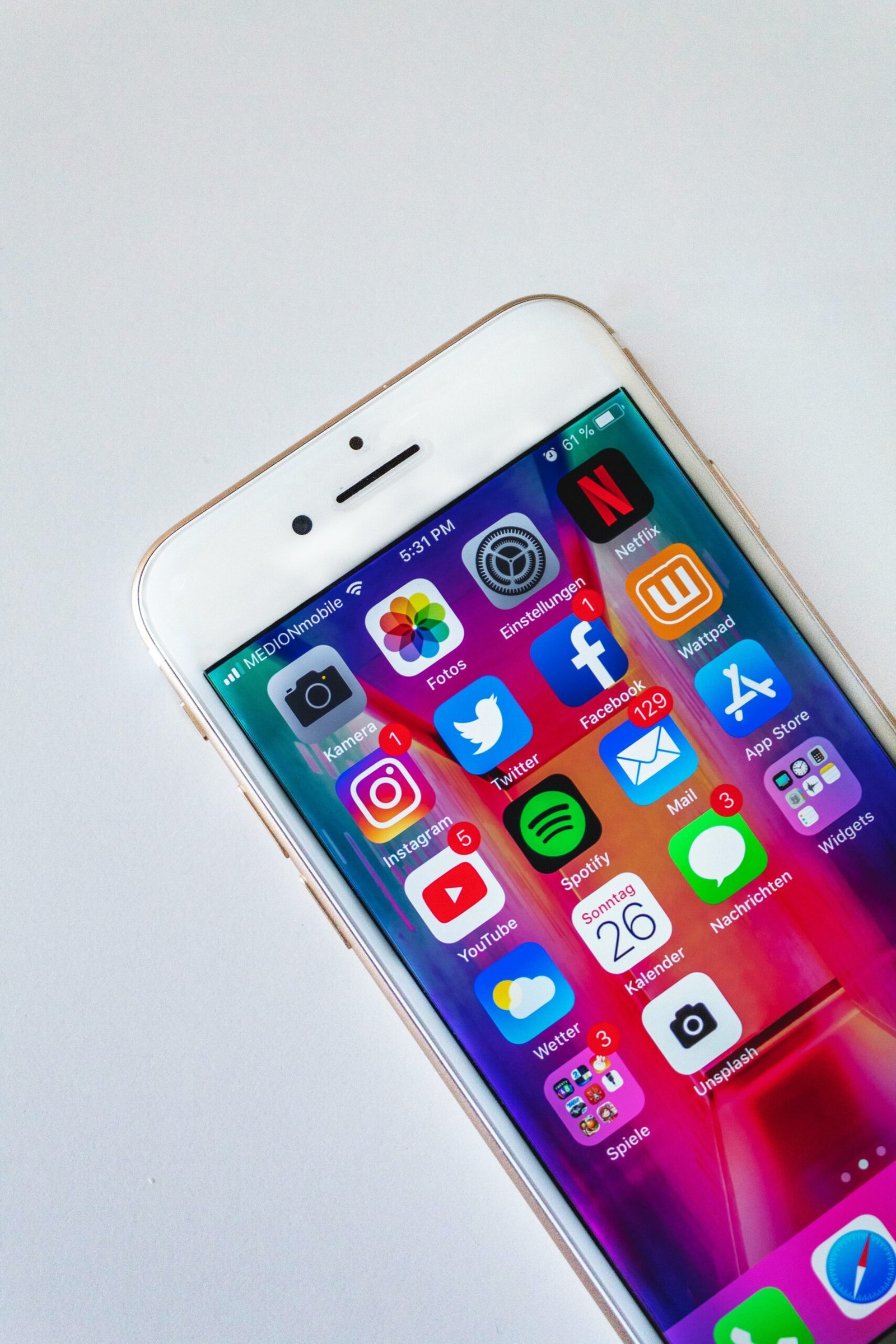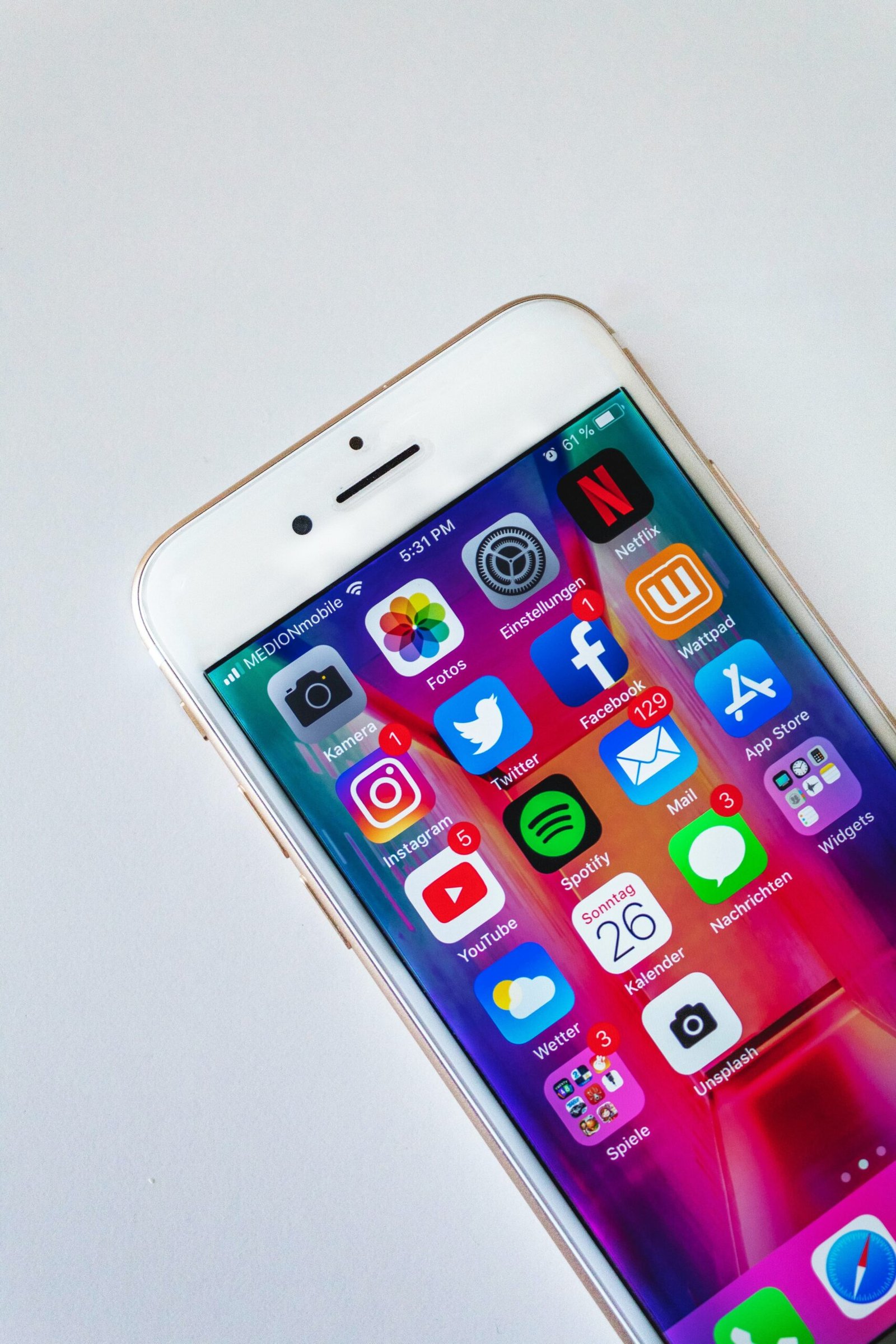Introduction
Social media has become an integral part of our lives, connecting us with friends, family, and the world at large. However, as its influence continues to grow, it is important to understand the impact it can have on our mental health. In this blog post, we will explore the latest trends and research surrounding social media and mental health, providing insights into how it affects our well-being and offering tips for a healthier online experience.
The Rise of Social Media
In recent years, social media platforms such as Facebook, Instagram, Twitter, and TikTok have experienced exponential growth. These platforms offer a variety of features that allow users to share their thoughts, experiences, and images with others. While social media has undoubtedly brought people closer together, it has also raised concerns about its potential negative effects on mental health.
The Link Between Social Media and Mental Health
Research suggests that excessive use of social media can contribute to feelings of anxiety, depression, and loneliness. Constant exposure to carefully curated and idealized versions of others’ lives can lead to social comparison and feelings of inadequacy. Additionally, cyberbullying and online harassment are prevalent issues that can have severe consequences on mental well-being.
One study conducted by the Royal Society for Public Health in the UK found that Instagram, in particular, had a negative impact on young people’s mental health, affecting body image, self-esteem, and sleep patterns. The pressure to present a perfect image on social media can be overwhelming, leading to increased levels of stress and anxiety.
Protecting Your Mental Health
While social media can have negative effects on mental health, there are steps you can take to mitigate these risks and create a healthier online experience:
- Limit your time on social media: Set boundaries for yourself and allocate specific times for social media use. Avoid mindless scrolling and prioritize activities that promote well-being.
- Diversify your online content: Follow accounts that inspire and uplift you. Seek out positive and educational content that aligns with your interests and values.
- Practice self-care: Engage in activities that promote self-care and mental well-being, such as exercise, meditation, and spending time with loved ones. Disconnect from social media when necessary.
- Build a support network: Cultivate meaningful relationships offline. Reach out to friends and family for support and engage in face-to-face interactions to foster a sense of connection.
- Be mindful of your emotions: Pay attention to how social media makes you feel. If certain platforms or interactions consistently have a negative impact on your mental health, consider minimizing or eliminating your exposure to them.
FAQs
Q: Can social media cause mental health issues?
A: While social media itself does not directly cause mental health issues, excessive use and negative experiences on these platforms can contribute to feelings of anxiety, depression, and loneliness.
Q: How can I protect my mental health while using social media?
A: Set boundaries for social media use, follow positive accounts, practice self-care, build a support network offline, and be mindful of your emotions and well-being.
Q: Is it necessary to completely avoid social media for good mental health?
A: It is not necessary to completely avoid social media. However, it is essential to use it consciously and in moderation, ensuring that it does not negatively impact your mental well-being.
Tips for a Healthier Online Experience
Here are some additional tips to enhance your online experience:
- Engage in meaningful conversations: Participate in discussions that interest you and contribute positively to the online community.
- Unfollow or mute negative accounts: If certain accounts consistently bring you down or promote negativity, remove them from your feed.
- Take breaks: Schedule regular breaks from social media to focus on other aspects of your life and recharge.
- Set realistic expectations: Remember that social media presents an idealized version of reality. Avoid comparing yourself to others and focus on your own journey.
Conclusion
Social media has undoubtedly transformed the way we connect and share information. While it offers many benefits, it is crucial to be aware of its potential impact on mental health. By setting boundaries, cultivating a positive online environment, and prioritizing self-care, we can navigate social media in a way that supports our well-being. Remember, your mental health matters, both online and offline.
Call to Action: If you found this blog post helpful, please share it with others on social media. Together, we can raise awareness and promote a healthier online experience.









